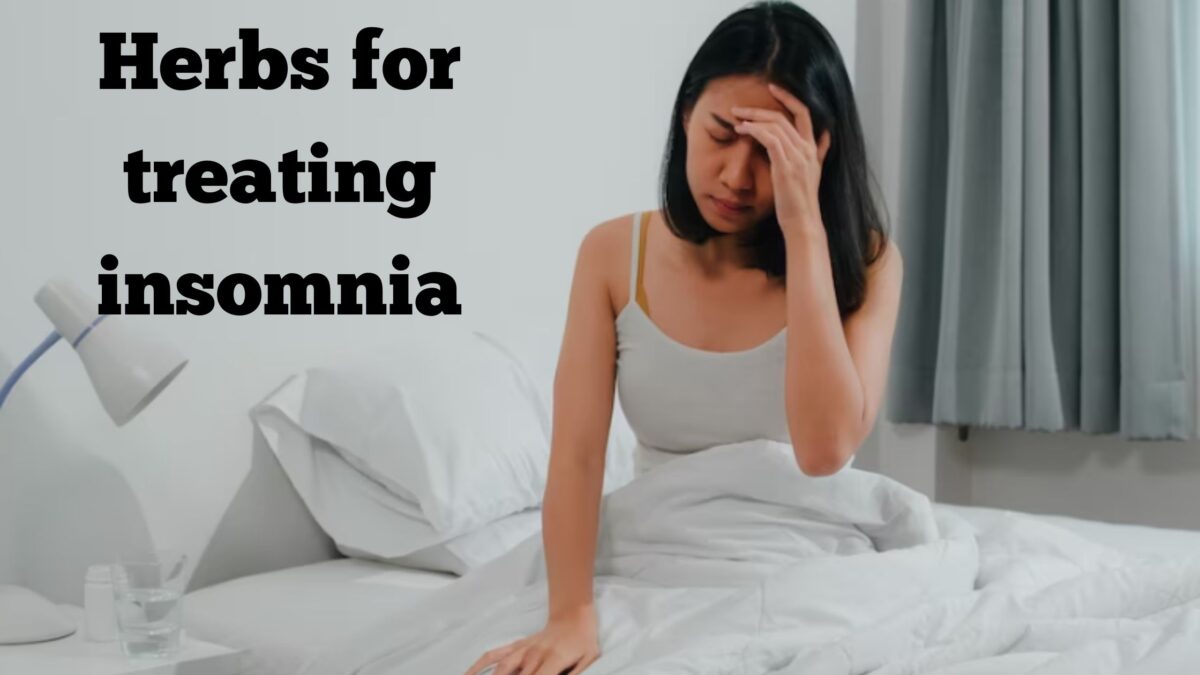Insomnia is a common sleep disorder that affects millions of people around the world. It is characterized by difficulty falling asleep, staying asleep, or waking up too early in the morning. Insomnia can have a negative impact on one’s quality of life, causing daytime sleepiness, fatigue, irritability, and difficulty concentrating. While there are medications available to treat insomnia, they can have side effects and be habit-forming. Fortunately, there are natural remedies available, such as herbs, that can be used to treat insomnia safely and effectively.
In this blog, we will explore the various herbs that can be used to treat insomnia, their benefits, and how to use them.
Valerian Root:
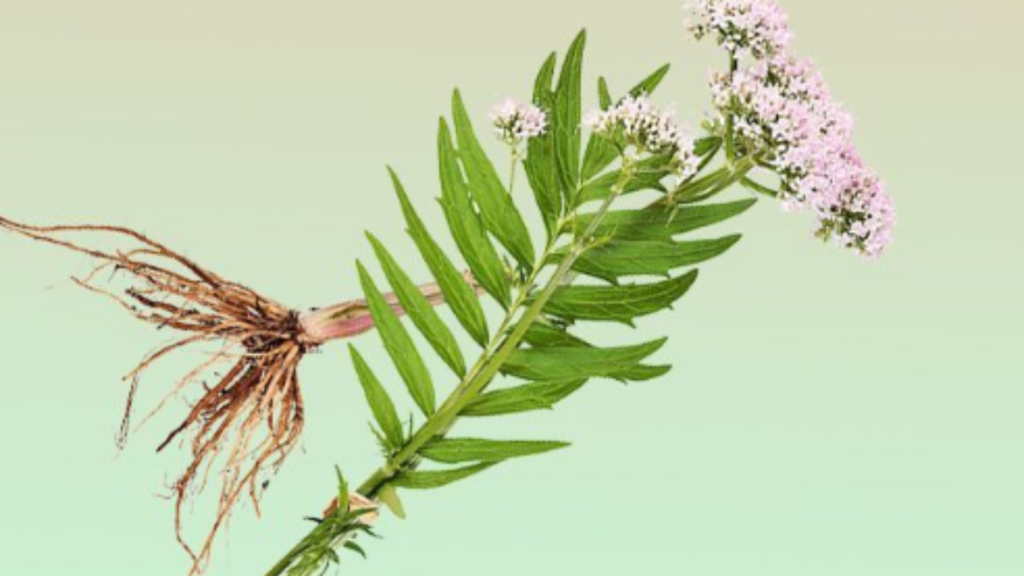
Valerian root is a popular herb used to treat insomnia. It is believed to work by increasing the levels of gamma-aminobutyric acid (GABA) in the brain, which helps to calm the nervous system and promote sleep. Valerian root can be taken in various forms, including capsules, tinctures, and teas.
Studies have shown that valerian root can improve sleep quality, decrease the time it takes to fall asleep, and increase the amount of time spent in deep sleep. However, it may take several weeks of consistent use to see the benefits.
Passionflower:
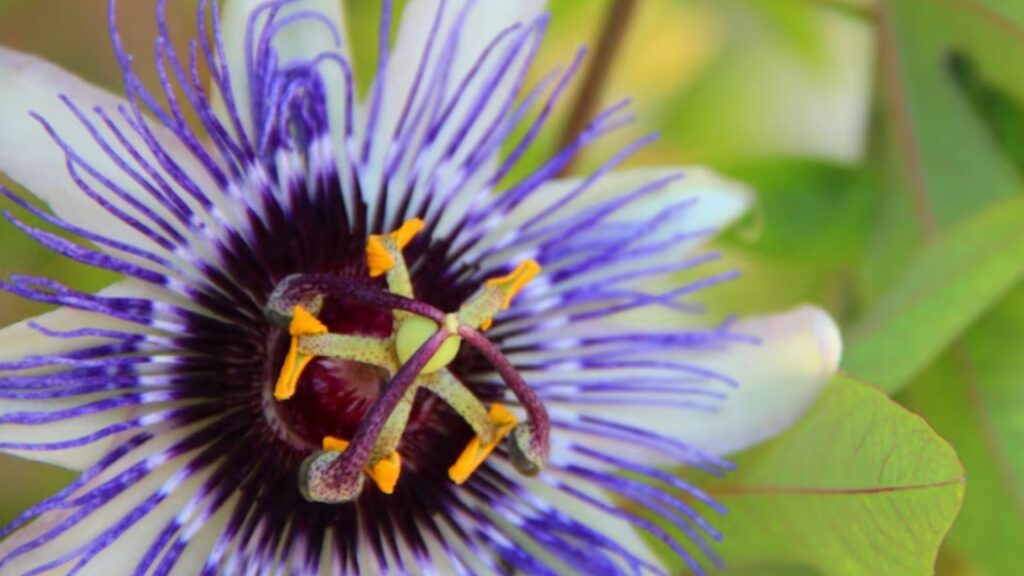
Passionflower is another herb that is commonly used to treat insomnia. It is believed to work by increasing the levels of GABA in the brain, similar to valerian root. Passionflower can be taken in various forms, including capsules, tinctures, and teas.
Studies have shown that passionflower can improve sleep quality and decrease the time it takes to fall asleep. It may also help to reduce anxiety, which can contribute to insomnia.
Chamomile:

Chamomile is a popular herb that is often used to promote relaxation and sleep. It contains a compound called apigenin, which is believed to have a sedative effect on the body. Chamomile can be taken in various forms, including teas, capsules, and tinctures.
Studies have shown that chamomile can improve sleep quality, decrease the time it takes to fall asleep, and increase overall sleep time. It may also help to reduce anxiety and promote relaxation.
Lavender:
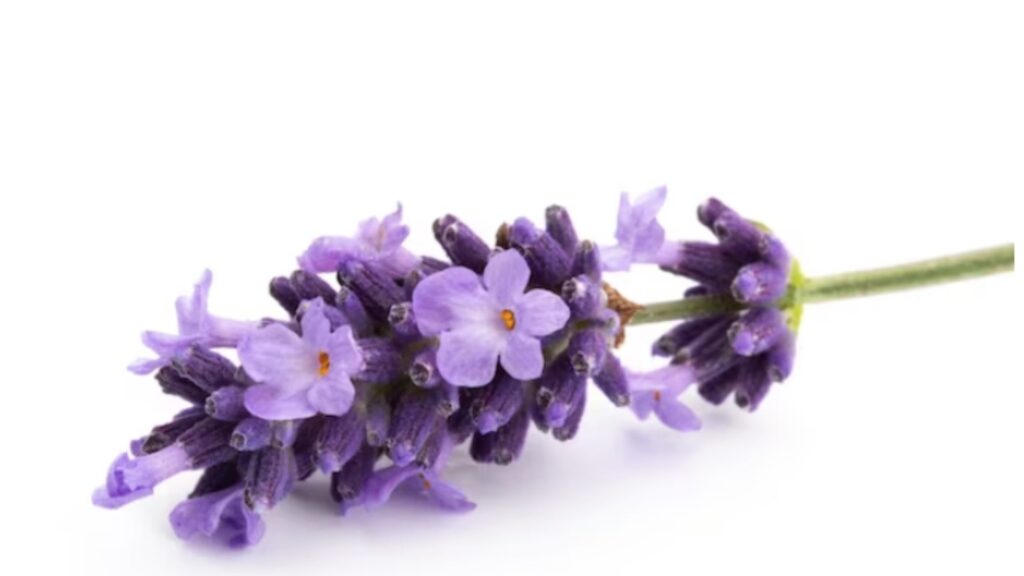
Lavender is a fragrant herb that is often used in aromatherapy to promote relaxation and reduce stress. It is believed to work by increasing the levels of GABA in the brain, similar to valerian root and passionflower. Lavender can be used in various forms, including essential oils, teas, and sachets.
Studies have shown that lavender can improve sleep quality, decrease the time it takes to fall asleep, and increase overall sleep time. It may also help to reduce anxiety and promote relaxation.
Lemon Balm:
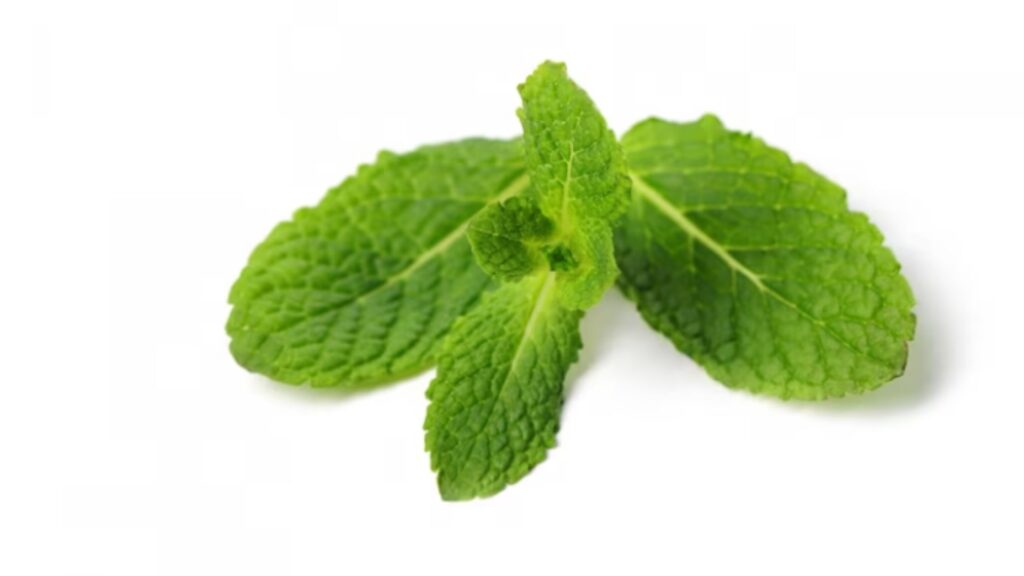
Lemon balm is an herb that is often used to promote relaxation and reduce stress. It contains compounds called rosmarinic acid and eugenol, which are believed to have a sedative effect on the body. Lemon balm can be taken in various forms, including teas, capsules, and tinctures.
Studies have shown that lemon balm can improve sleep quality, decrease the time it takes to fall asleep, and increase overall sleep time. It may also help to reduce anxiety and promote relaxation.
Ashwagandha:
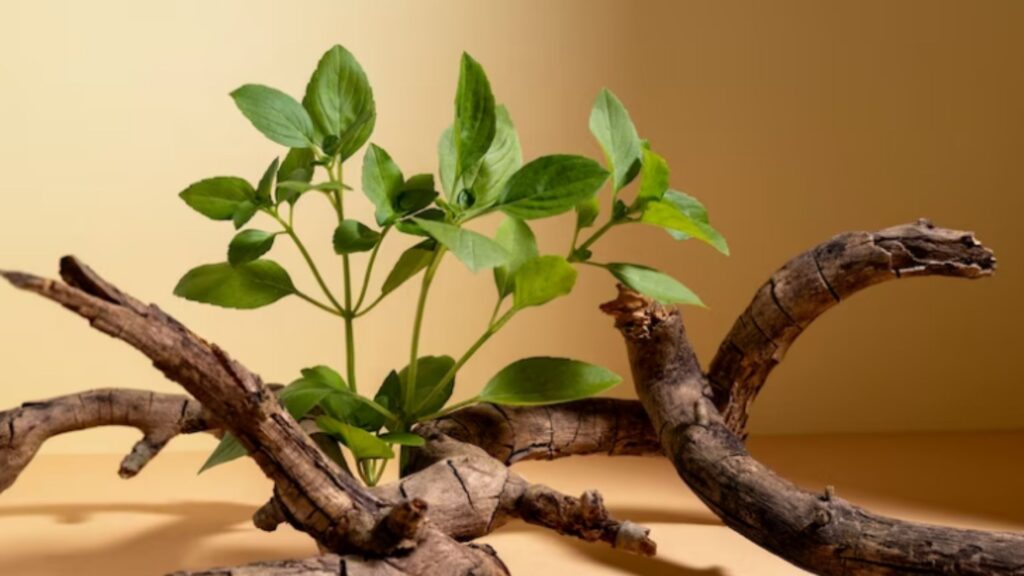
Ashwagandha is an herb that is often used in Ayurvedic medicine to promote relaxation and reduce stress. It contains compounds called withanolides, which are believed to have a sedative effect on the body. Ashwagandha can be taken in various forms, including capsules, powders, and tinctures.
Studies have shown that ashwagandha can improve sleep quality.

